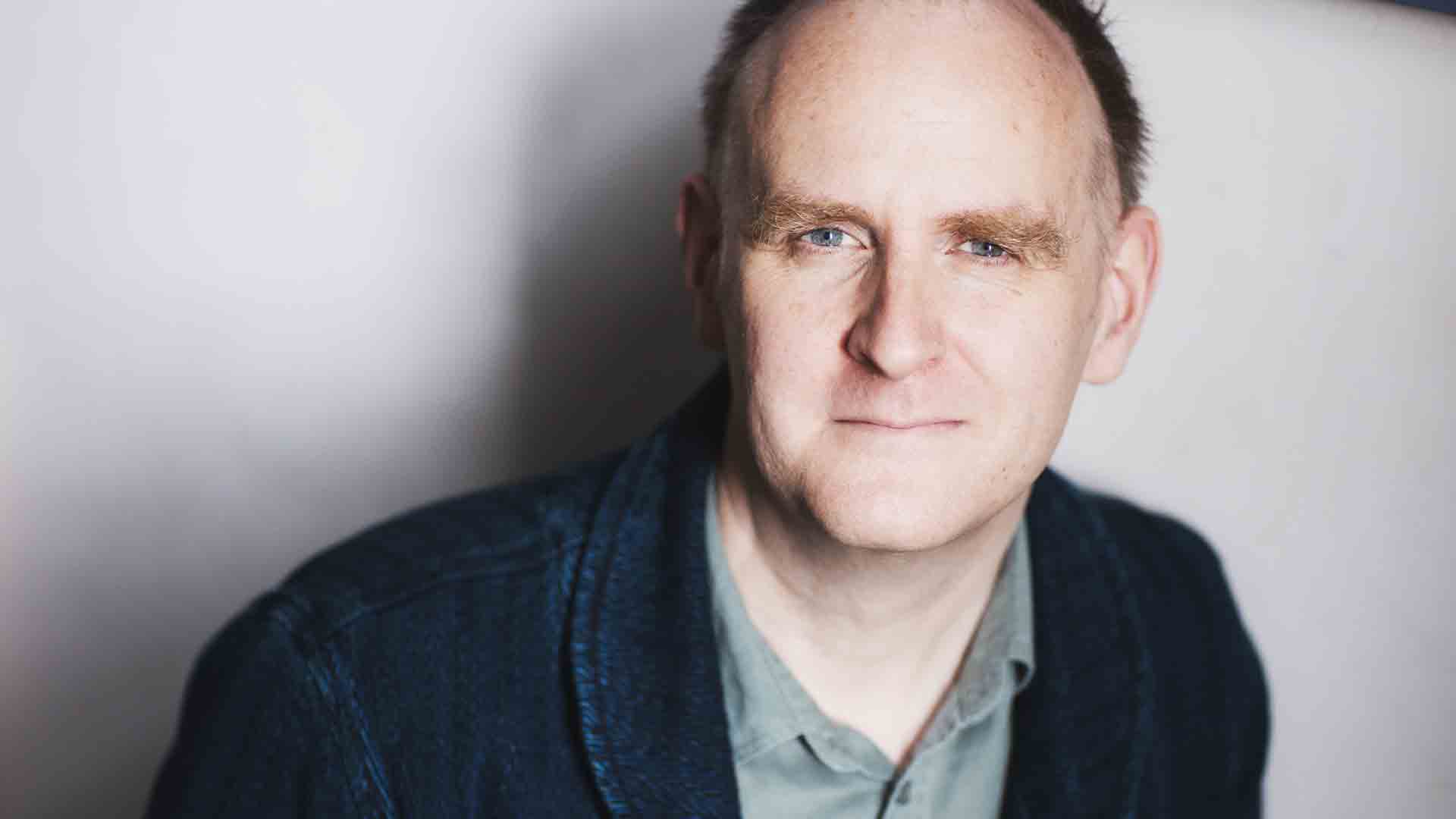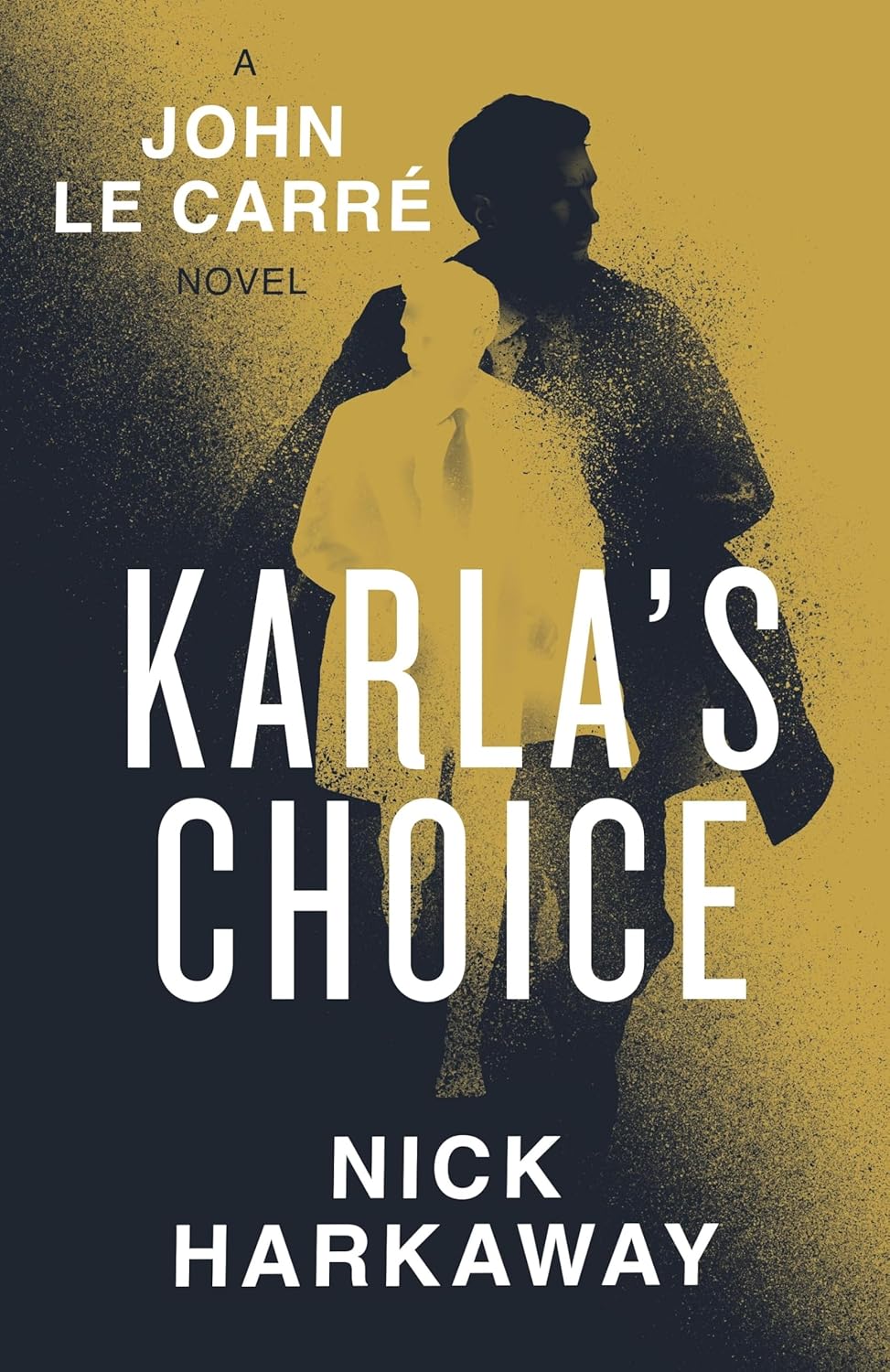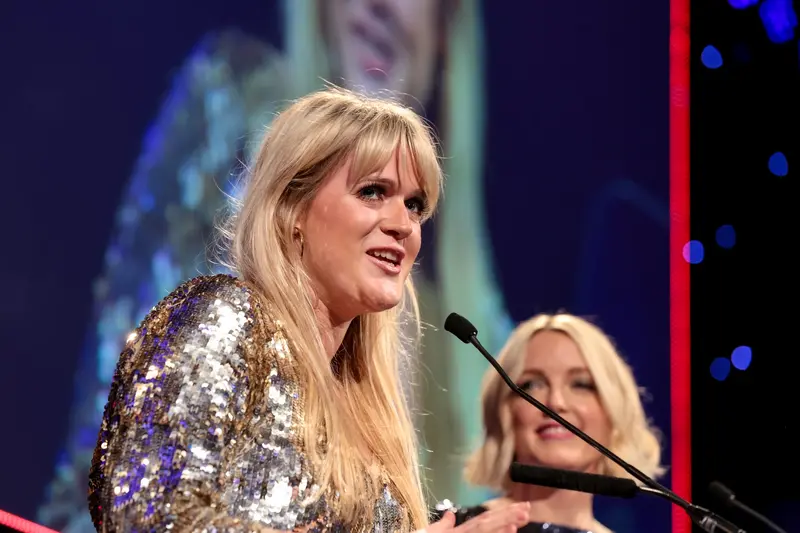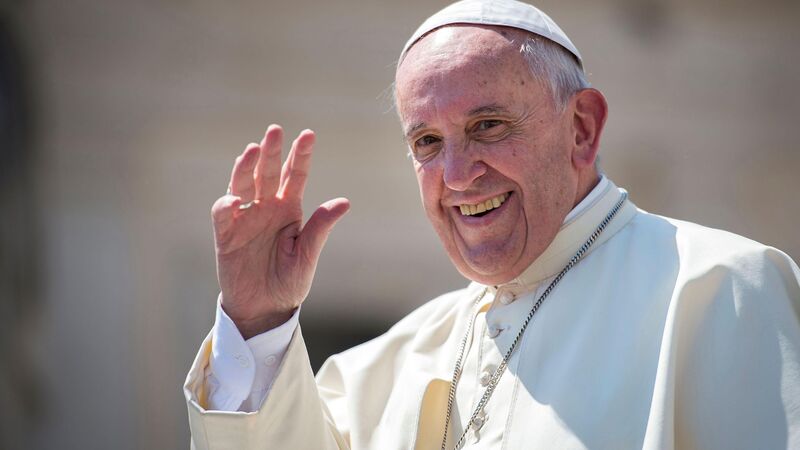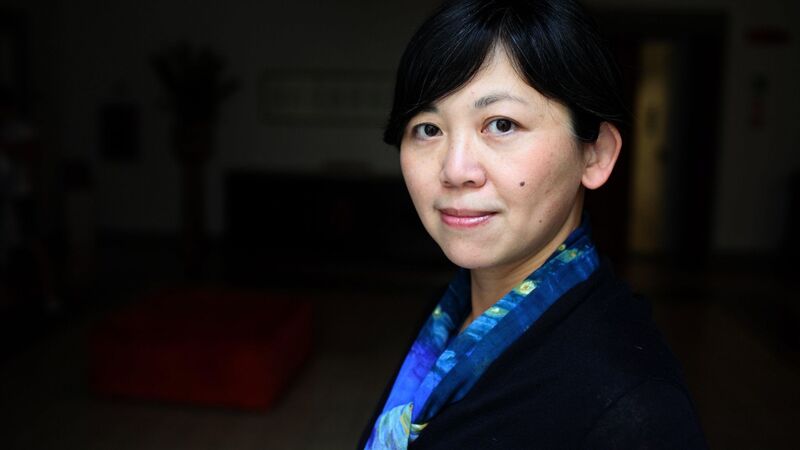You are viewing your 1 free article this month. Login to read more articles.
George Smiley rides again as Nick Harkaway returns to the world created by his father John le Carré
With Karla’s Choice, Nick Harkaway has reintroduced the legendary British spy, George Smiley, to modern audiences.
"So, is it five George Smileys walk into a bar?” was Joe Hill’s question when he heard that Nick Harkaway was taking over from his late father, John le Carré, to pen a brand new tale of Cold War espionage featuring the legendary British spymaster. As the novelist son of Stephen King, Hill knows a thing or two about having a famous writer in the family. Harkaway too is a novelist in his own right, his 2008 début The Gone-Away World was the first of a string of novels fusing science fiction and adventure in ever-more wildly speculative ways (hence Hill’s joke about multiple Smileys).
But Karla’s Choice, Harkaway’s first venture into the Smiley universe, is true to Tinker Tailor Soldier Spy (1974), The Honourable Schoolboy (1977) and Smiley’s People (1979), known collectively as the Karla trilogy, which, along with The Spy Who Came In from the Cold (1963) make up what Harkaway refers to as the “core canon”. It is a world familiar not only to readers – le Carré’s novels have sold over 30 million copies in all formats worldwide, according to Viking – but also to those who have seen the many TV and film adaptations with Smiley memorably portrayed by Alec Guinness, Denholm Elliott and Gary Oldman, to name just three.
Given all this, it is fair to say that Harkaway feels the weight of expectation on his shoulders. When we meet at his home in Hampstead, I ask how Karla’s Choice came about. During a call between those involved with the le Carré estate about the possibilities of new Smiley books and who might be approached to write them, he tells me, “because if you want to keep a literary estate in the public eye, that’s what you do”. His brother Simon pointed out that there was a novelist in the family already.
Harkaway’s first reaction was to laugh, but then his brother asked him directly if he would do it. “I thought, I do know this world, I lived with it as a child… What could I do here?”
Karla’s Choice takes place in 1963, during the approximately 10-year gap between The Spy Who Came In from the Cold and Tinker Tailor Soldier Spy. Karla, a Soviet intelligence agent, essentially Smiley’s counterpart in Moscow, is not mentioned at all in the former, but in the latter novel he appears and is “backdated”. So, Harkaway thought, there existed “the opportunity to tell the story of Karla becoming Smiley’s nemesis”.
Nemesis angle
Karla’s Choice opens in London with a young Hungarian emigré, Susanna Gero, arriving at work to discover that her boss, Mr Bánáti of literary agency Bánáti & Clay, has disappeared. When she answers the door, a man introduces himself as Mikhail Bortnik, a Russian spy, sent to assassinate the now-missing Bánáti, but he has changed his mind and wants to defect. Circus (le Carré’s fictional version of the British Intelligence Service, the nickname derives from its location in Cambridge Circus) is informed. Control, the name given to the shadowy head of the Intelligence Service, summons George Smiley back, ignoring the fact Smiley left Circus after the traumatic events of The Spy Who Came In from the Cold, to interview Susanna, the last person to see Bánáti alive. Because he clearly wasn’t just a mild-mannered literary agent if Moscow Centre want him dead… No spoilers here but, as Harkaway says, “Susanna effectively brings Smiley a loose end, and he tries to use it. And in the aftermath of The Spy Who Came In from the Cold, he tries to do something compassionate.”
I thought, I do know this world, I lived with it as a child… What could I do here?
Harkaway’s challenge with Karla’s Choice is two-fold; it must make sense to Smiley aficionados while also drawing in new readers. Of the former he says: “There’s a lot of people out there that feel quite strongly that they know what this ought to be or whether it ought to happen at all and that expectation has to be met. They have to feel that they are in the zone they want to be in.” He has been as true as he can be to existing events, allowing for the fact that his dad was quite free with changing dates from book to book: “He wasn’t Marvel, building a franchise.”
“If you get something small wrong, it doesn’t matter. People will blow through it. Somebody will write to you and say, ‘this is wrong’, and that’s fine. If you do something that is tonally wrong, you’re in trouble and if you do something that’s wrong because it blocks an event that needs to take place in the core canon, obviously that’s a disaster.”
When le Carré was writing in the 1960s and ’70s, the Smiley novels were contemporary, and the Cold War would have been a clear and present threat in his readers’ lives. “There’s a sense that the Cold War is a really exciting espionage background but not necessarily a relevant moment [any more]” he says, but disagrees with this: “It is formative of where we are, of the war on our doorstep and we should know more about it.” In telling a Cold War-era story now he says, “You have to show the stakes and they have to be personal as well as political.”
In contrast to the SFF novels he has written under his own name, “with a speculative, philosophical vibe”, a Smiley novel effectively comes with a brief: “You’ve got tangible lines that you can’t cross, rules that are unwritten but are distinctly there. Everybody knows what a post-le Carré espionage book should feel like and you have some really amazing people writing into that space. Most obviously Mick Herron [of whom Harkaway is a big fan]… So not only did I have to be in that space, I also had to be not-Mick Herron because otherwise there’s no point my being there.”
His first two readers are always his wife Clare, a lawyer who now manages the John le Carré estate, and his literary agent, Patrick Walsh. The wider circle for Karla’s Choice included his brothers and Jonny Geller, John le Carré’s agent. He is adamant that he would not have gone ahead with the book if they didn’t like it. “In the end I’ve put a lot on the line here because I’ve done something I’ve kind of said I’d never do and it just has to be good.”
He would be thrilled if Karla’s Choice sent readers back to the original Smiley books. “I want people to love [these characters] too,” he says, before joking, “And then of course, I want them to want me to write another one!”
But on a more serious note, Karla’s Choice is also a book that “contains my sorrow” says the author. “It is the book that I wrote into my father’s universe three and a half years after he died. It contains him and my mother in unlikely corners of the story, in shadows and reflections. It contains how much I miss him… I shouldn’t let it go out into the world without saying that.”




